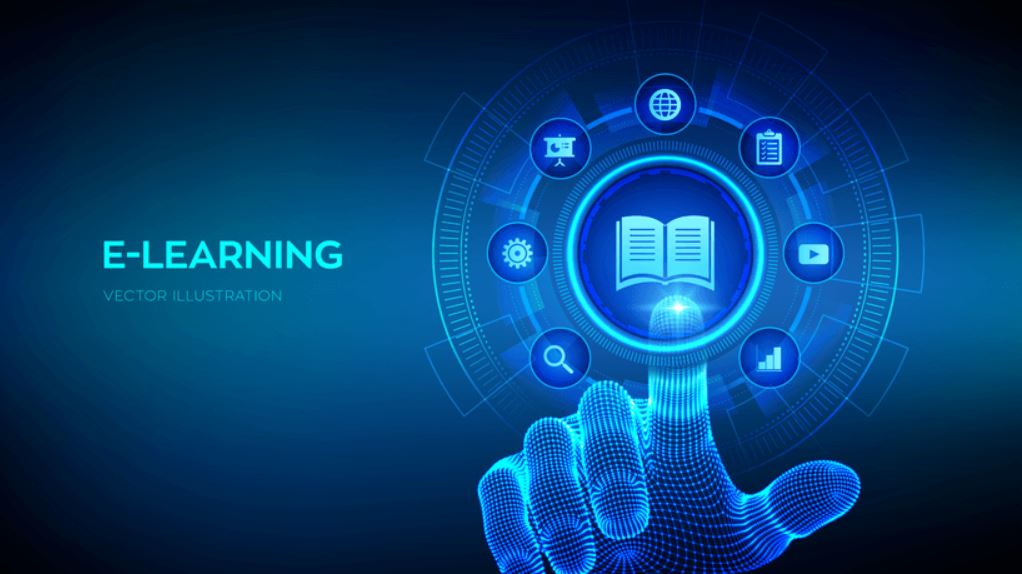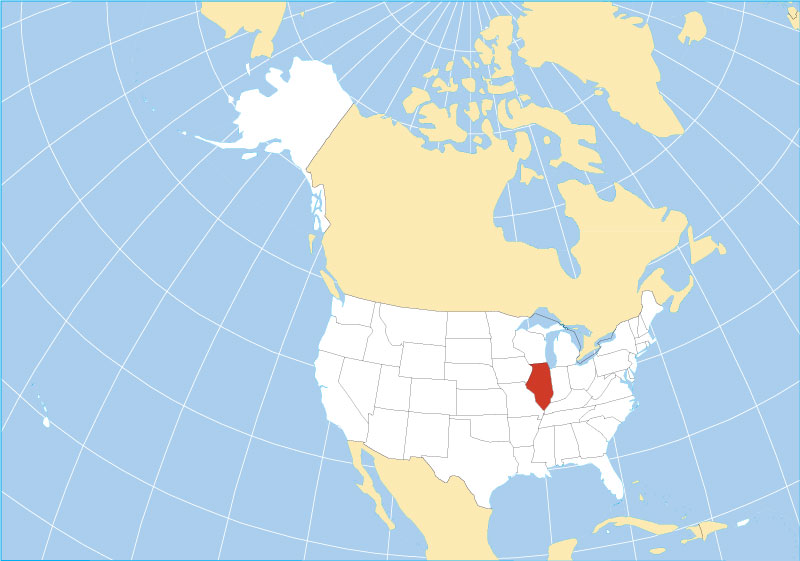[ad_1]
The following basic terminologies are considered the top 25 terms all computer students should know before they even begin their studies:
1. Bit: Binary data storage unit valued at either 1 or 0.
2. Byte: Eight data bits valued between zero and 255.
3. Word: Two data bytes or 16 data bits valued between zero and 16,535.
4. CD-ROM: A storage disk with approximately 640 megabytes of capacity.
5. CD-ROM Drive: Hardware used for reading and writing to CD-ROMs.
6. Storage Media: Magnetic devices that permanently store computer data.
7. File: Permanent storage structure for data kept on a hard drive or other permanent place.
8. Virus: Unauthorized programs that infect files or send themselves via email.
9. Vulnerability: When unauthorized access can be gained due to software errors.
10. Security Flaw: When attackers gain unauthorized system access due to a software bug.
11. Worm: Unwanted programs accessing computers via application/system vulnerabilities.
12. Hardware: Physical parts of computer (case, disk drive, monitor, microprocessor, etc.).
13. Software: Programs that run on a computer system.
14. Firmware: Software that has been permanently written into a computer.
15. ISP: Internet Service Provider.
16. BIOS: The basic input/output system computers use to interface with devices.
17. MIME: Multipurpose Internet Mail Extension.
18. Boot: What happens when a computer is turned on and beginning to run.
19. Crash: When computer software errors occur and programs fail to respond.
20. Driver: Program that understands interfaced devices like printers and video cards.
21. Network: Cables and other electrical components carrying data between computers.
22. Operating System: A computer’s core software component.
23. Parallel: Sending data over more than one line simultaneously.
24. Serial: Sending data over a single line one bit at a time.
25. Protocols: Communication methods and other standard Internet/networking functions.
These are the top 25 terms all computer students should know before they even begin their technical training. Most computer students know much more. In fact, everyone who uses a computer these days should understand these terms so they can be better informed about the important tool that is so integral to our daily lives.

















